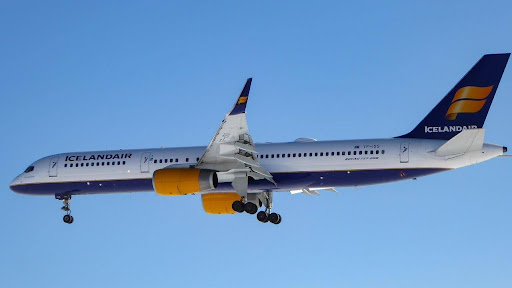Becoming a commercial pilot is not only a journey of technical skill and knowledge but also one of emotional preparation. Flying airplanes professionally can be both exhilarating and challenging, requiring pilots to navigate a range of emotions both in the cockpit and in their personal lives. However, if pilots work on their emotional health while going through pilot training in the academy, they can have a better professional life.
Here are six essential points to help aspiring pilots prepare themselves emotionally for the journey ahead.
1. Managing Stress And Pressure
Commercial pilots often face high-stress situations, from demanding flight schedules to adverse weather conditions and mechanical issues. Learning to manage stress and pressure effectively is crucial for maintaining focus, decision-making abilities, and overall well-being in the cockpit.
Developing stress-management techniques such as deep breathing, visualization, and mindfulness meditation can help pilots stay calm and composed during challenging situations.
2. Building Resilience And Adaptability
Aviation is an inherently dynamic and unpredictable field, and commercial pilots must be prepared to adapt to changing circumstances quickly. Building resilience and adaptability is essential for coping with unexpected challenges, setbacks, and changes in plans.
Embracing a growth mindset, learning from failures, and maintaining a flexible attitude can help pilots navigate the ups and downs of their careers with confidence and perseverance.
3. Dealing With Long Hours And Time Away From Home
Commercial pilots often work long hours and spend significant time away from home, which can take a toll on their emotional well-being and personal relationships. Learning to balance the demands of work and personal life is essential for maintaining mental health and relationships.
Establishing open communication with loved ones, prioritizing self-care, and finding ways to stay connected while on the road can help mitigate the challenges of time away from home.
4. Coping With Jet Lag And Fatigue
Flying across multiple time zones and working irregular schedules can disrupt pilots’ circadian rhythms and lead to jet lag and fatigue. Managing jet lag and fatigue is essential for maintaining alertness, cognitive function, and safety in the cockpit.
Pilots should prioritize adequate rest, maintain a healthy lifestyle, and utilize strategies such as strategic napping and caffeine consumption to mitigate the effects of jet lag and fatigue.
5. Handling Isolation And Loneliness
Despite being surrounded by colleagues and passengers, commercial pilots can experience feelings of isolation and loneliness, especially during long flights or layovers in unfamiliar cities. Developing coping strategies for handling isolation and loneliness is essential for maintaining mental well-being and job satisfaction.
Building a supportive network of fellow pilots, staying connected with friends and family, and engaging in hobbies or activities during downtime can help alleviate feelings of loneliness.
6. Seeking Support And Resources
It is important for commercial pilots to recognize when they need support and to seek out resources to help them cope with emotional challenges. Many airlines offer employee assistance programs (EAPs) that provide counseling, mental health services, and support for personal and professional issues.
Additionally, connecting with fellow pilots, joining professional organizations, and participating in peer support groups can provide valuable camaraderie and encouragement during challenging times.


